Menu
Hot-Topics
February 19, 2026 | SCOTUS Reaffirms Fourth Amendment Standard for Police Responding to Household Emergencies
Category: Supreme Court Decisions

Martin v. Mott: The President’s Power Under the Militia Clause
In Martin v. Mott, 25 U.S. 19 (1827), the U.S. Supreme Court addressed the Constitution’s Militia Clause. It held that the President, as commander in chief, has the unilateral power to call up state militias for duty during times of war. ...

Court Remands Spokeo, Inc. v Robins to Ninth Circuit to Determine Standing
While Spokeo, Inc. v Robins, 578 U. S. ____ (2016), was one of the most anticipated decisions of the October 2016 Term, the U.S. Supreme Court ultimately remanded the case back to the Ninth Circuit Court of Appeals to further address the issue of sta...
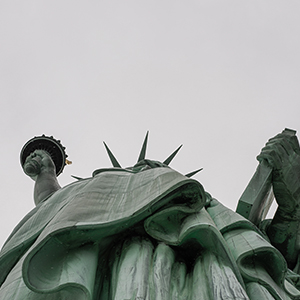
Osborn v Bank of the United States Clarifies Reach of Federal Jurisdiction
In Osborn v Bank of the United States, 22 US. (9 Wheat.) 738 (1824), the U.S. Supreme Court addressed Article III’s grant of judicial power over cases “arising under” federal law. In his opinion, Chief Justice John Marshall broadly interpreted...
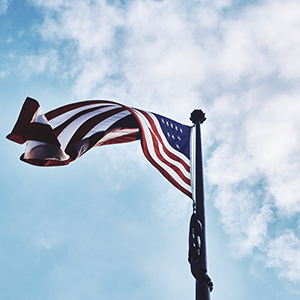
Sturges v Crowninshield: Constitutionality of State Bankruptcy Laws
In Sturges v Crowninshield, 17 U.S. (4 Wheat.) 122 (1819), the U.S. Supreme Court considered whether a New York bankruptcy law, and its retroactive application, were constitutional. The justices concluded that federal power over bankruptcy was not ex...

Voisine v United States: Domestic Violence Conviction Precludes Gun Ownership
In Voisine v United States, 579 U. S. ____ (2016), the U.S. Supreme Court upheld a federal law that prohibits individuals convicted of misdemeanor domestic violence offenses from owning a firearm. The majority rejected arguments that a reckless domes...

Commerce Clause Broad Interpretation in Taylor v United States
In Taylor v United States (2016), the U.S. Supreme Court held that “commerce” under the Hobbs Act should be interpreted broadly. Accordingly, it found that the government had satisfied its burden by establishing that the defendant robbed a drug d...
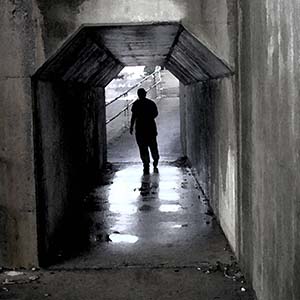
United States v Hudson and Goodwin: Jurisdiction Over Criminal Matters
In United States v Hudson and Goodwin, 11 U.S. 32 (1812), the U.S. Supreme Court first considered whether the federal courts were authorized to hear criminal cases. The justices held that Congress must confer jurisdiction by statute in order for the ...
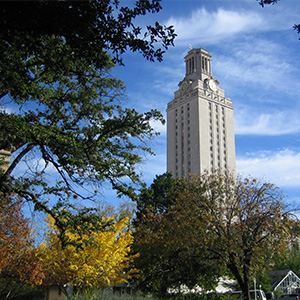
Affirmative Action Victory in Fisher v University of Texas at Austin
In Fisher v University of Texas at Austin (2016), the U.S. Supreme Court held that the race-conscious admissions program in use by the university when Abigail Fisher applied to the school in 2008 is lawful under the Constitution’s Equal Protection ...
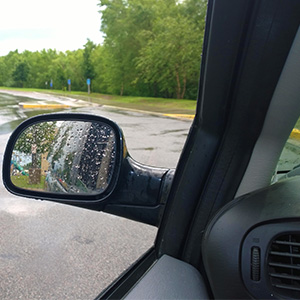
Warrantless Breath Tests Upheld in Birchfield v North Dakota
In Birchfield v North Dakota (2016), the U.S. Supreme Court held that the Fourth Amendment permits warrantless breath tests incident to arrests for drunk driving. However, it held that warrantless blood tests do run afoul of the Constitution. &nbs...

Supreme Court Strikes Down Abortion Restrictions in Whole Woman’s Health v Hellerstedt
In Whole Woman’s Health v Hellerstedt (2016), a divided U.S. Supreme Court struck down a Texas law placing restrictions on abortion clinics. By a vote of 5-3, the Court held that the law placed an undue burden on a woman’s access to abortion. ...
Previous Articles
SCOTUS Decision in Bowe v. United States Is First of the 2026 Term
by DONALD SCARINCI on February 5, 2026
In Bowe v. United States, 607 U.S. ___ (2026), the U.S. Supreme Court held that Title 28 U.S.C. § ...
SCOTUS Rules State Can’t Immunize Parties from Federal Civil Liability
by DONALD SCARINCI on January 29, 2026
In John Doe v. Dynamic Physical Therapy, LLC, 607 U.S. ____ (2025) the U.S. Supreme Court held that...
Supreme Court to Address Racial Discrimination in Jury Selection
by DONALD SCARINCI onWhile the U.S. Supreme Court has concluded oral arguments for the year, it continues to add cases t...
The Amendments
-
Amendment1
- Establishment ClauseFree Exercise Clause
- Freedom of Speech
- Freedoms of Press
- Freedom of Assembly, and Petitition
-
Amendment2
- The Right to Bear Arms
-
Amendment4
- Unreasonable Searches and Seizures
-
Amendment5
- Due Process
- Eminent Domain
- Rights of Criminal Defendants
Preamble to the Bill of Rights
Congress of the United States begun and held at the City of New-York, on Wednesday the fourth of March, one thousand seven hundred and eighty nine.
THE Conventions of a number of the States, having at the time of their adopting the Constitution, expressed a desire, in order to prevent misconstruction or abuse of its powers, that further declaratory and restrictive clauses should be added: And as extending the ground of public confidence in the Government, will best ensure the beneficent ends of its institution.
Awards





